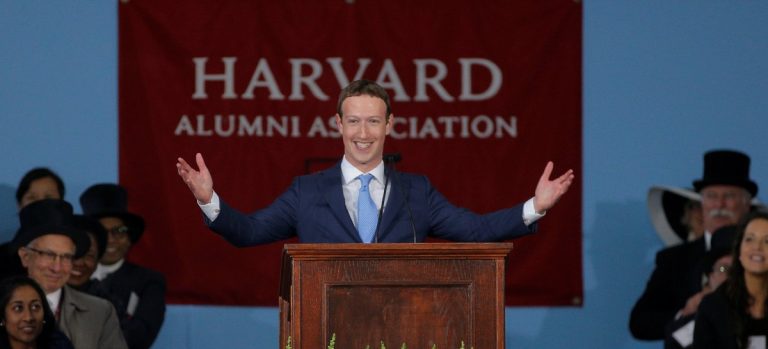
On October 1, a federal judge ruled in favour of Harvard University in one of the biggest cases regarding affirmative action in US college admissions.
It’s a case that’s gripped the country’s higher education sector since it was filed on May 15, 2015. For high school students, especially those from minority ethnic groups, the potential consequences that could arise from this decision will greatly impact the college admission process.
Here’s a quick primer to understanding the case:
The facts
A group called Students For Fair Admissions sued Harvard University for considering race in the admissions process. Putting too much weight on race in the decision-making process, the group argued that Asian-American applicants are forced to meet a higher bar compared to their peers from other ethnic groups.
SFFA filed a notice of appeal to the U.S. First Circuit Court of Appeals Friday afternoon in its longtime suit against Harvard alleging that the College’s admissions process unlawfully discriminates against Asian American applicants. https://t.co/wXtIqssCFq
— The Harvard Crimson (@thecrimson) October 7, 2019
The group alleges that Asian-American applicants are discriminated against as: 1) Harvard’s freshman class breakdown by race suggests it uses a quota system that’s illegal; 2) Asian-Americans do better in standardised tests than white or African-American applicants but are not admitted accordingly; 3) Asian-Americans consistently get lower personal scores – it’s one of the four categories on which applicants are scored – compared to other ethnic groups.
Harvard denies the claims of racial discrimination and said its admission policies comply with the law.
The focus on affirmative action
Affirmative action policies aim to increase access for groups of people who have been historically discriminated against in society. In the US, this includes minority races.
Higher education is one area where affirmative action is used to ensure diversity in higher education. Forty years ago, the US Supreme Court ruled in Regents of the University of California v Bakke that race can be considered in college admissions but explicit quotas cannot be implemented.
Critics state that this practice is unfair and causes reverse discrimination.
Harvard’s consideration of race in admissions is a form of affirmative action that’s allowed as it’s used as part of a holistic review of factors beyond academic results. If Harvard had lost the case, it would be a huge loss for affirmative action and could hugely impact school programmes meant to increase racial diversity, even making them illegal.
The decision
Judge Allison D Burroughs ruled in a 130-page document that Harvard’s admissions process does not discriminate against Asian-Americans. She explained that it was fair and while not ideal, its admissions process which considers race “passes constitutional muster”.
The judge wrote in her decision that she could not find a single case in which an Asian-American applicant was discriminated against, or intentionally stereotyped by an admissions officer. Here are a few takeaways from the 130-page ruling. https://t.co/q4EIw4KkNR
— Adeel Hassan (@adeelnyt) October 2, 2019
She rejected the claim that Harvard performs illegal “racial balancing”. The judge found an applicant’s race was used as a plus factor and that there was no pattern of evidence of Harvard scoring Asian-Americans lower on personal ratings. The judge accepted that implementing race-neutral alternatives – such as admitting students based on the highest test scores or considering socioeconomic background instead of race – would not be workable.
She concluded, “Ensuring diversity at Harvard relies, in part, on race-conscious admissions.”
What’s next
The plaintiffs have filed a notice of appeal to the US Court of Appeals for the First Circuit, and would very possibly take the case all the way to the Supreme Court, which analysts said was their plan all along. If they win at the country’s highest court, this would lead to the outlawing of affirmative action in college admissions.
Another lawsuit related to race in college admissions – initiated by the same Edward Blum who orchestrated the Harvard case – is expected next year. In this case, the University of California is being sued to force campuses to hand over admissions data to see whether its admissions system illegally uses race in admission decisions.
Outside the courtroom, investigations into admissions practices at Harvard and Yale have been opened by the Justice Department. College Board, which runs the SAT, has also introduced measures to include socioeconomic backgrounds of students with their test scores.
Liked this? Then you’ll love…
Do elite universities have a fair admissions process?
What would happen if college admission was based solely on SAT scores?







